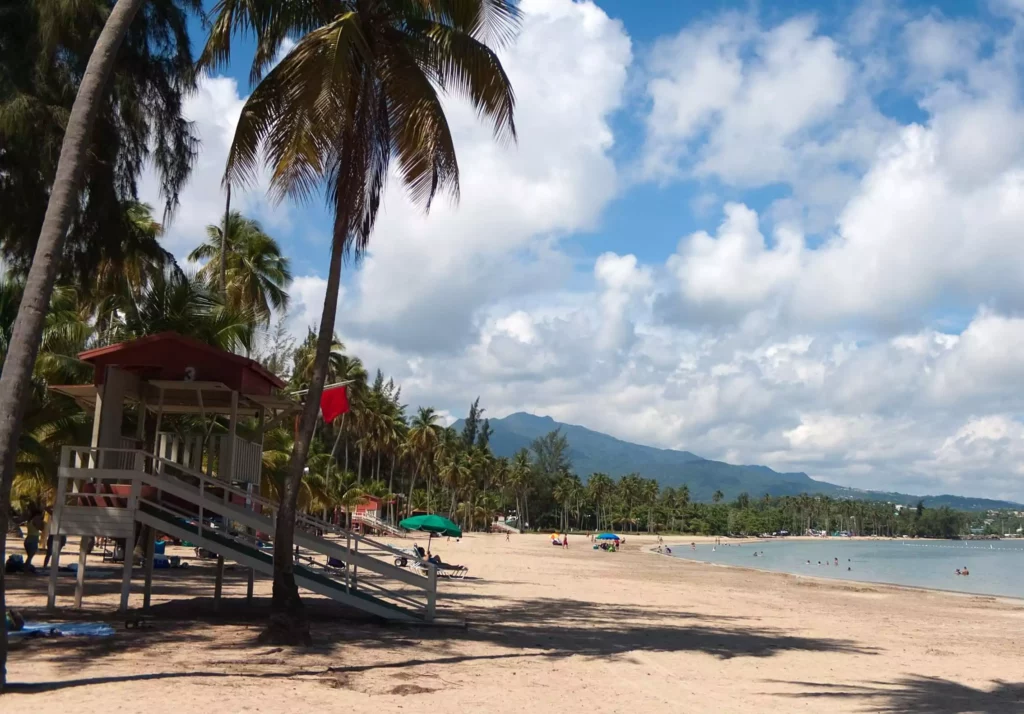The secret to traveling success – organization! For years I was the frantic last-minute planner, packer and “did I remember to turn off the iron?” person. Regardless of how much time ahead I had to plan a trip, I found myself the day and night before running around trying to remember and do all the things I had to prepare. One of the biggest responsibilities was making sure that I had taken the proper steps to leaving home. The famous movie Home Alone is a perfect example of chaos so extreme that a family member is actually left behind. While I have never left anyone behind, there is so much to remember when leaving for a trip that you’re bound to forget something. Hopefully, whatever it is – is minor!
To help you reduce the stress of leaving home, I’m providing my personal organization checklists. By using these lists as guides and then personalizing them to fit your lifestyle you’ll find that you are calmer and more confident with leaving home.
Steps to Follow Several Days Ahead.
- Check phone message machine, revise message, if necessary. Consider subscribing to your phone company’s voice mail service if there’s a chance that your answering machine will max out. Don’t leave the message that you’re out of town!
- Stop or forward your mail. Stop newspaper and other deliveries.
- Maintain an emergency folder for office and home. Include copies of your itinerary, what to do in an emergency and whom to alert, copies of passport, birth certificate, credit card numbers and cancellation phone numbers, computer passwords, emergency health care info (include blood types, drug allergies, doctor’s names and phone numbers for access to medical records). Update this file regularly!
- Notify the alarm company of travel plans. Furnish them with names and phones numbers of house sitters or caretakers. Provide your itinerary and contact information. Contact local neighborhood watch patrols or police departments for further suggestions.
- Provide friends and neighbors with itinerary and relevant phone numbers and the names of those who have keys, etc. to enter your home.
- For extended trips, review bill payment schedules and arrange for pre-payments for utilities, rent or mortgage, phone, etc. This avoids utility shut-offs, late fees, and credit damage.
- Contact credit card companies and inform them of travel plans, especially if traveling to exotic destinations. Advise of possible unusual charging or more frequent spending from various locations. Arrange for prepaying minimum payment amounts to avoid late payment charges.
- Record credit card numbers for those cards taken (take only cards that can and will be used). Keep a copy at home and take a copy along (do not pack this, it’s as valuable as your cards). If going to foreign countries, call the 800 numbers for reporting lost or stolen cards and verify that those phone numbers are valid from the countries that you will visit (write these numbers on your list). Do the same with traveler’s checks.
- Arrange for pet care.
- Take along phone numbers of friends and neighbors, including their work numbers for emergency contacts. Also a list of doctors and dentist’s names and numbers.
- Check current insurance policies for coverage on rental cars especially if traveling in foreign destinations (if covered take a copy of policy).
- Call health insurer to clarify coverage when overseas and in transit. Make a copy of policy and card. Ask if the coverage includes life-flight or emergency transportation home.
- Obtain enough prescription medicines for the duration of the trip. For extended periods, get additional medication authorization from a physician (some insurance programs limit monthly quantities). Keep prescriptions in original dosage containers. Ask pharmacy to provide Rx’s in smaller vials for easier carrying. Or ask the doctor for sample size prescription medicines. Never pack medications in checked bags.
- Make copies of birth certificates, drug and eyeglass prescriptions, health insurance, passports, visas, packing lists, and credit cards/traveler’s check numbers and tickets. Do not pack these lists; keep them with you.
- Put itinerary and luggage tag information inside each bag (including carry-ons). Luggage tags are often separated from the luggage making identity difficult. List only name and phone on outside luggage tags. Remove any old airline luggage routing tags. Keep a copy of packing lists separate from luggage in the event of a claim for lost baggage.
- Buy an emergency phone card that can be used in the area traveled. Check cell phone coverage area and costs of long distance or roaming fees. No sense lugging a useless cell phone.
- Compile a list of friends and relatives with their sizes for buying gifts while traveling. Take a list of addresses for sending postcards (U.S. destinations take stamps).
- Arrange for snow removal or lawn mowing and watering while gone to avoid calling attention to an unattended house.
- Do not hide things – house key under the mat, etc. Put jewelry and other valuables in safety deposit box.
- If traveling by auto, have the car thoroughly serviced and the tires checked.
Just Before You Walk Out the Door.
- Move plants as required and arrange for their watering.
- Stop garbage or arrange for garbage to be set out and, later, cans collected.
- Check doors, windows, and locks. Don’t overlook locking pet doors and the door between the garage and house.
- If leaving cars in the garage, set out car keys for neighbors to move cars in event of a fire or other emergencies. If on extended leave disconnect the car battery to avoid drainage, follow auto manufacturer’s suggestions.
- Consider disconnecting the receiver of electric garage door openers or engaging the manual lock on the door. Electric doors can be opened by other electronic devices. Remove door openers and valuables from cars parked outside.
- Ask neighbors to walk by house periodically to check doors, the rear of the house, and see if any unexpected packages or door hangtags were left.
- Unplug expensive home electronics, computers, and other devices that might be damaged by a power surge. Disconnect Internet access to computers.
- Remove perishables from the refrigerator and discard.
- Empty coffee pot, wash dishes.
- Shut off water lines to washing machines to avoid flooding problems. (Damage done from a burst washing machine water hose can result in thousands of dollars of damage. Friends of mine had this happen to them and the destruction was so severe that all of the appliances, flooring, and drywall and much of the furniture had to be replaced. Next to checking to see that the gas stove is turned off – shutting off the washer hose is my priority!)
- Do not leave the dishwasher, dryer or washing machine running when leaving the house (especially if no one will be home or available to check if these appliances shut off). Make sure all appliances are turned off: stove, oven, coffeemaker, etc.
- Count the number of bags or items taken (i.e. coat, briefcase, carry-on luggage = 3). Keep track of this number at each destination, adjust if you add or combine. Count bags after deplaning, taxi rides, bus trips, etc. This will avoid loss of items left behind. This especially good advice if traveling with children (car seats, favorite toy, diaper bags, blanket, etc.).
- Review en route weather conditions and check transportation schedules for delays.
- Check for tickets, medications, glasses, passports/visas, photo ID’s and money before you walk out the door.






